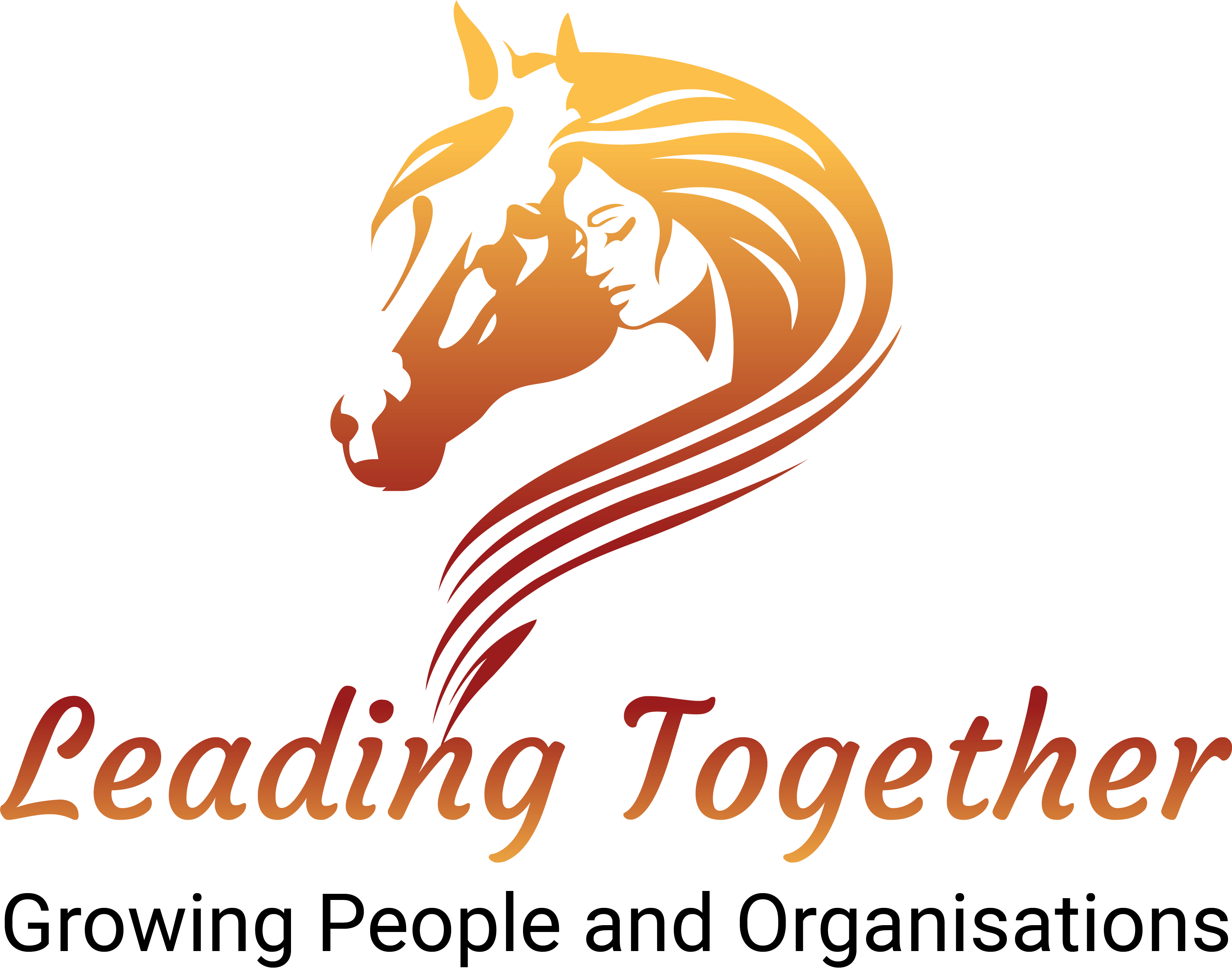
Managing People is the Hardest Thing
As a CEO, managing people is undoubtedly one of the toughest parts of the job. You might have a brilliant business idea, excellent strategy, and a great team to work with, but managing diverse personalities, skill sets, and expectations can be a daunting task. Whether you’re leading a small startup or a large corporation, managing people effectively is key to achieving your goals and staying ahead of the competition.
People are messy and life is messy but as a CEO you are required to create order, structure, and process. Managing people is the hardest part of being a CEO so what you can do to overcome these challenges?
People are complex
Managing people is not like managing a machine or a process. People are complex beings with emotions, desires, and unique personalities. They have different motivators, communication styles, and work preferences. As a CEO, you need to understand your employees’ strengths, weaknesses, and personality traits to effectively manage and motivate them. This requires a lot of time, effort, and patience.
Managing expectations
When you’re in a leadership position, everyone looks up to you for guidance and direction. Your employees have high expectations of you, and it’s your responsibility to meet or exceed those expectations. This means setting clear goals, communicating effectively, and providing regular feedback. You need to ensure that everyone is aligned with the company’s vision, mission, and values. Managing expectations is challenging, especially when you have to balance conflicting demands from different stakeholders.
Dealing with conflicts
Conflicts are inevitable in any workplace, and as a CEO, you need to be prepared to handle them effectively. Conflict resolution requires emotional intelligence, empathy, and active listening skills. You need to be able to identify the root cause of the conflict and find a mutually beneficial solution. This can be particularly challenging when dealing with difficult personalities or high-stress situations.
Building a strong culture
Culture is the backbone of any successful organization. As a CEO, you need to create a positive work environment where people feel valued, respected, and motivated. This means fostering a sense of belonging, encouraging open communication, and recognizing and rewarding high performers. Building a strong culture takes time and effort, and it requires a continuous focus on employee engagement and satisfaction.
So, what can you do to overcome these challenges?
Firstly, invest in your employees’ personal and professional development. Provide them with the resources, training, and support they need to succeed. Secondly, communicate regularly and transparently. Keep your employees informed about the company’s performance, goals, and challenges. Thirdly, lead by example. Model the behavior and attitudes you want to see in your employees. Finally, create a culture of trust and psychological safety. Encourage your employees to share their ideas, concerns, and feedback without fear of retribution.
In conclusion, managing people is one of the hardest parts of being a CEO, but it’s also one of the most rewarding. By understanding the complexities of human behavior, managing expectations, dealing with conflicts, and building a strong culture, you can create a thriving workplace that drives business success. Remember, your employees are your most valuable asset, and investing in their growth and development will pay dividends in the long run.

